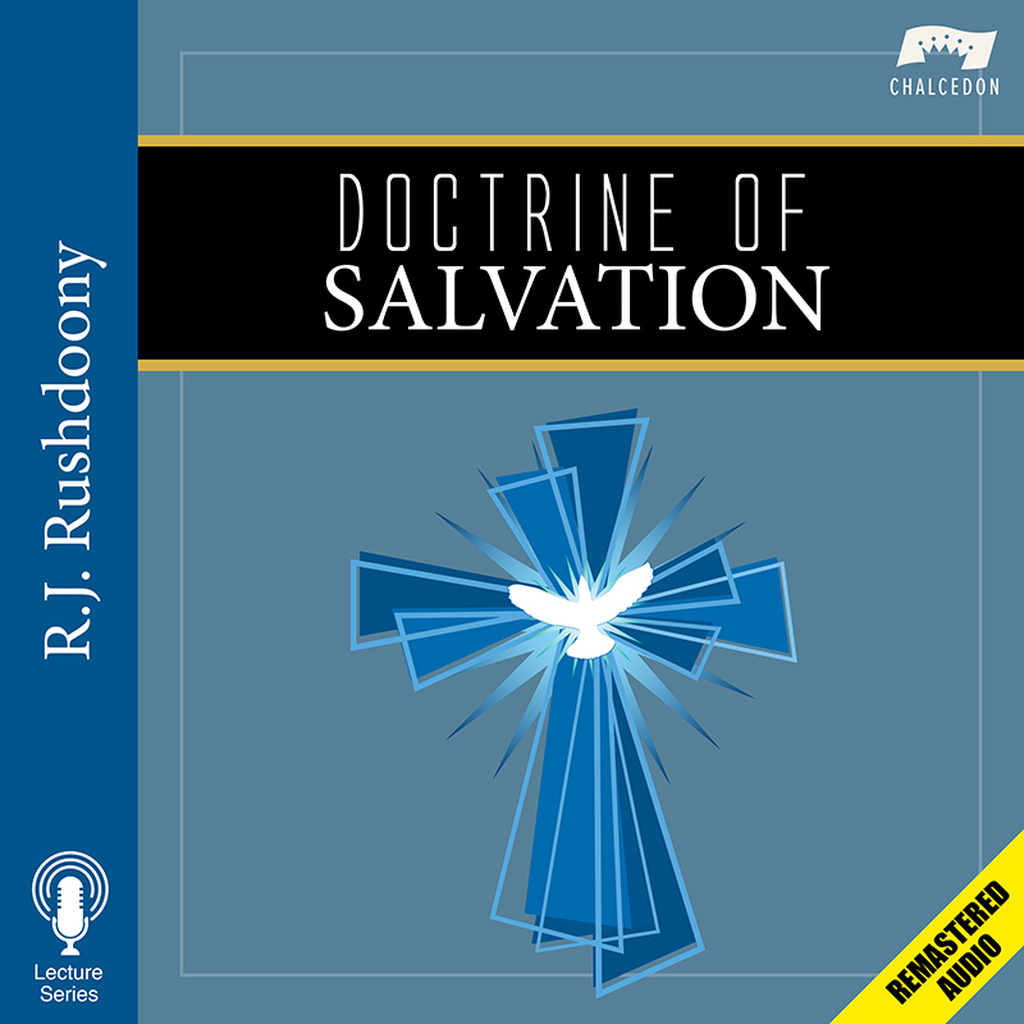
The Ordo Salutis
The ordo salutis, the order of salvation, describes the process by which the work of Christ is made manifest in the life of the redeemed man. Dr. Berkoff called it a process, and one which is subjectively realized, and he added, “It aims at describing in their logical order and also in their interrelations the various movements of the Holy Spirit in the application of the work of redemption. The emphasis is not on what man does in appropriating the grace of God, but on what God does in applying it.”

- R. J. Rushdoony
The ordo salutis, the order of salvation, describes the process by which the work of Christ is made manifest in the life of the redeemed man. Dr. Berkoff called it a process, and one which is subjectively realized, and he added, “It aims at describing in their logical order and also in their interrelations the various movements of the Holy Spirit in the application of the work of redemption. The emphasis is not on what man does in appropriating the grace of God, but on what God does in applying it.”

- R. J. Rushdoony
Rev. R.J. Rushdoony (1916–2001), was a leading theologian, church/state expert, and author of numerous works on the application of Biblical law to society. He started the Chalcedon Foundation in 1965. His Institutes of Biblical Law (1973) began the contemporary theonomy movement which posits the validity of Biblical law as God’s standard of obedience for all. He therefore saw God’s law as the basis of the modern Christian response to the cultural decline, one he attributed to the church’s false view of God’s law being opposed to His grace. This broad Christian response he described as “Christian Reconstruction.” He is credited with igniting the modern Christian school and homeschooling movements in the mid to late 20th century. He also traveled extensively lecturing and serving as an expert witness in numerous court cases regarding religious liberty. Many ministry and educational efforts that continue today, took their philosophical and Biblical roots from his lectures and books.